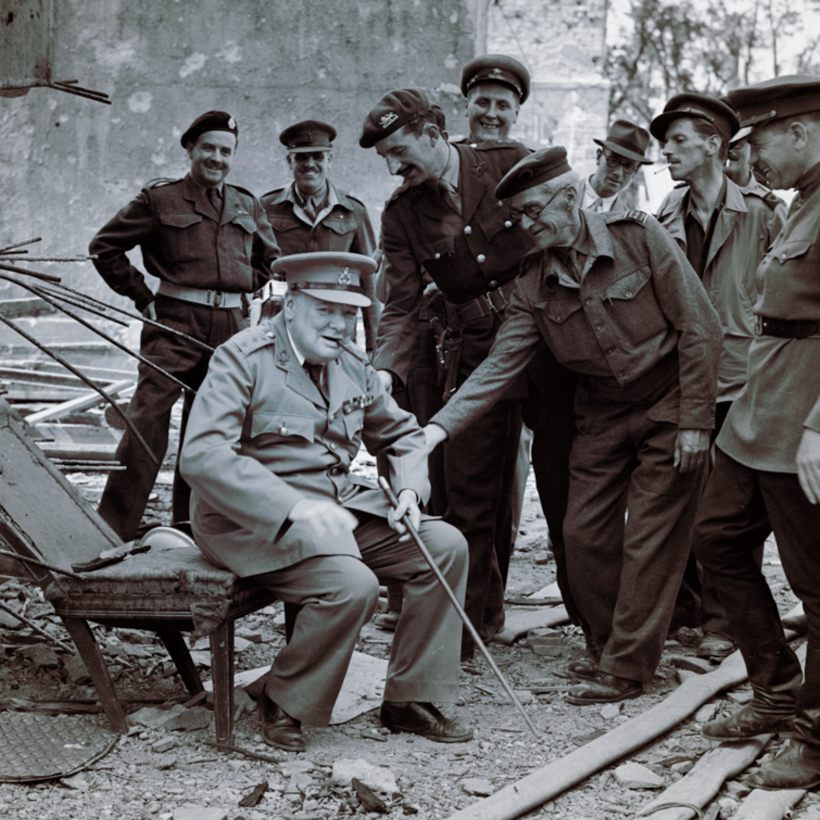Mirrors of Greatness: Churchill and the Leaders Who Shaped Him by David Reynolds
Every public figure has cause to regret things that they once said, often as recently as yesterday. In 1926 Winston Churchill applauded the government of Italy “under the commanding leadership of Signor Mussolini”, and after meeting the dictator in Rome the next year told journalists: “I could not help being charmed … by his gentle and simple bearing and by his calm, detached poise in spite of so many burdens and dangers.”
On the other hand Churchill’s oft-professed wartime enthusiasm for Franklin D Roosevelt, the US president, was never reciprocated. Roosevelt said of the British politician in December 1939: “I have always disliked him since the time I went over to England in 1918. He acted like a stinker … lording it all over us.”


